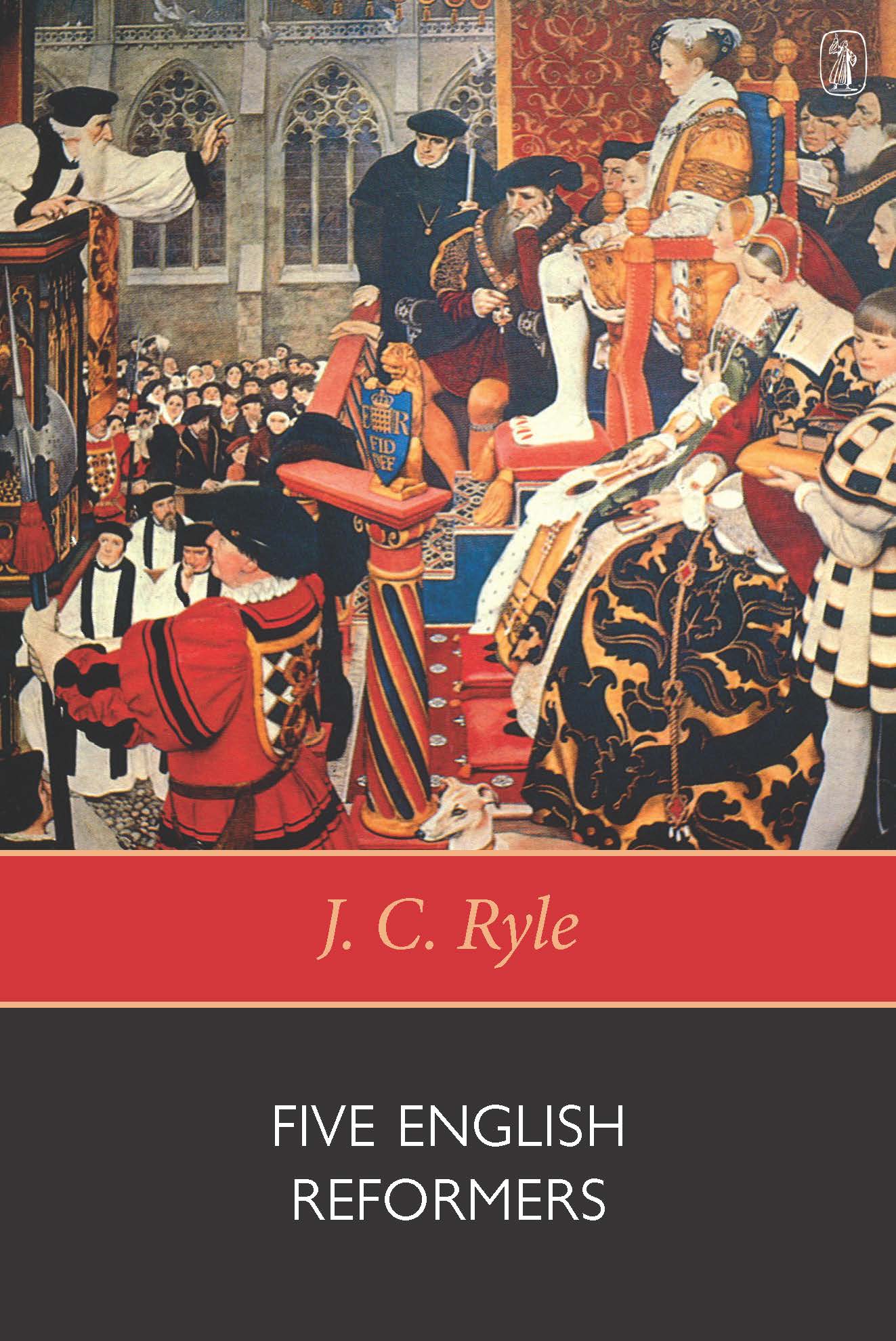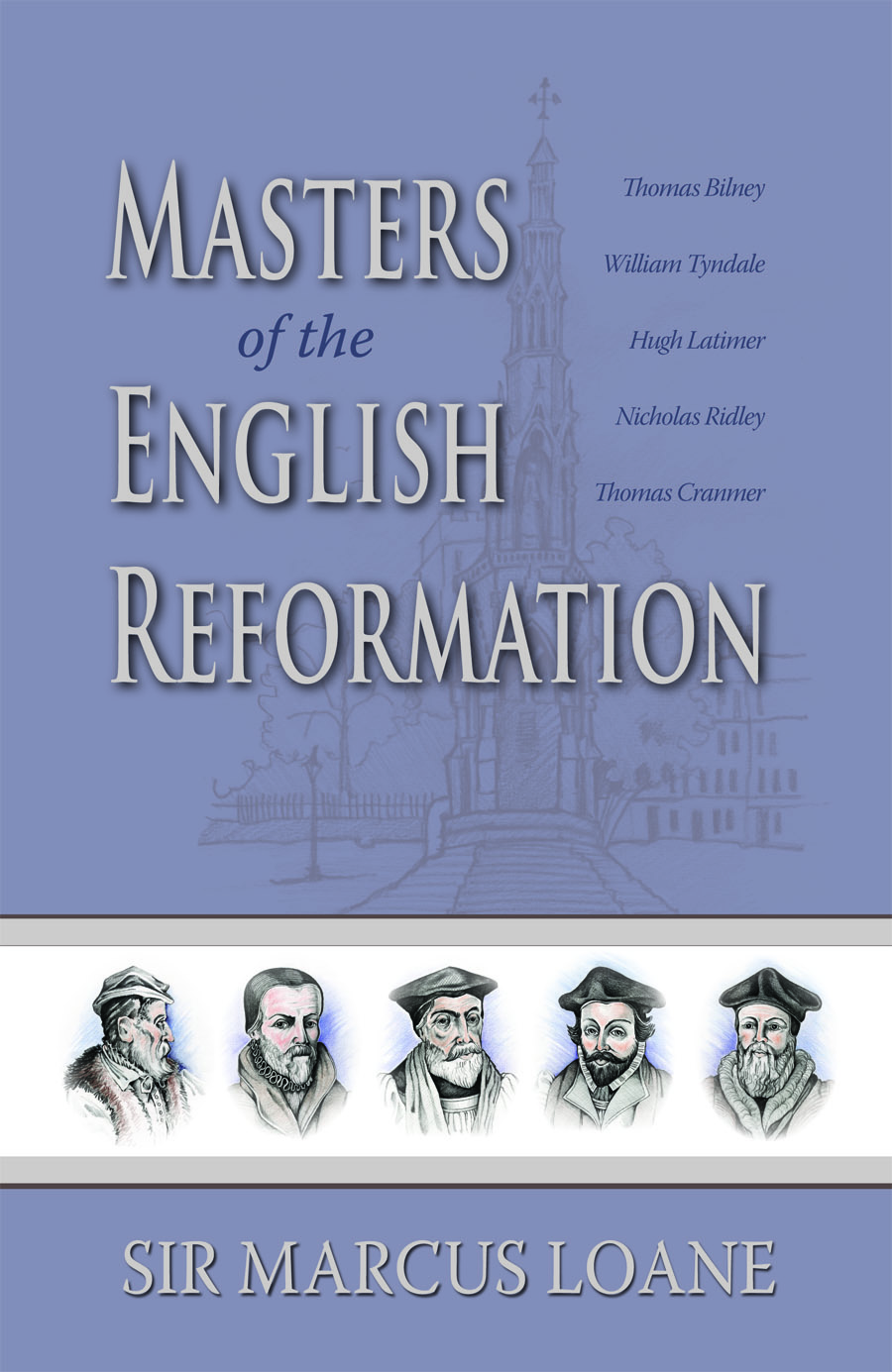Church Militant
Modern historians who are sympathetic to Roman Catholicism such as Eamon Duffy have sought to rewrite the history of the Reformation in England. They deny that Protestantism found a welcome response in the hearts of the people. They suggest that it was merely a few eccentrics and some hopeless recusants who had become Calvinists who embraced the English Reformation, but that the people as a whole remained Catholic. That is the argument being set out by recent Catholic historians as its writers in the older school. Seventeenth-century latitudinarian bishops called the years of Edward VI a ‘Deformation.’ In modern Anglo-Catholic eyes it was, in the words of Bishop Frere, ‘the lowest depth to which the English Church has ever sunk.’
Taking us behind that tradition of denigration is the unprobably named Diarmid MacCulloch. Author of a celebrated biography of Thomas Cranmer, knowledgeable and sympathetic with Calvinistic Protestantism, he has written a fine new book, Tudor Church Militant, (Allen Lane, £25, 284 pp.) in which he rescues the reign of the one certainly evangelical Christian monarch that England has known, Edward VI. He was king for six years between the reigns of Henry VIII and Mary Tudor. The reformation that took place during those years was a crucial moment in the developing of the Anglican church and the forging of England’s Protestant identity.
Edward became king in 1547, aged nine, to a throne surrounded by a fellowship of Calvinists. The Duke of Somerset, John Dudley and Archbishop Cranmer had a firm agenda, uprooting the weeds of growing superstitions and obliterating the vestiges of Romishness that existed in the Henrician Church. In spite of Cranmer’s persuasions Henry VIII would not accept the Pauline doctrine of justification by faith. By the time Edward died in 1553 they had achieved much of this. Protector Somerset within the first 12 months had eliminated serious opposition within the privy council, restored the liturgy to a Biblical simplicity, enshrined the doctrine of justification by faith in official statements, and accepted the marriage of ministers. The 1552 Book of Common Prayer saw all references to ‘mass’ and ‘altar’ omitted. The black rubric was added which said that kneeling to receive communion did not imply adoration of the bread and wine. Edward VI’s reign gave to England the book of psalms, the religion of the word and fine Articles summarising Biblical theology.
Edward’s reign saw few executions. Mary, his half sister, could say her mass, and had her chaplain. The Roman Catholic bishop, Stephen Gardiner, though under arrest and deprived of his see, had the freedom to write six volumes of theological controversy. The savagery unleashed by Mary, including the burning alive of Cranmer in 1556, stood in sharp contrast to Edward’s evangelical reign during which not one Roman Catholic opponent was executed.
Edward VI was pivotal in the English reformation. His youth was a symbol of hope and change. Preachers drew parallels between the king and the Old Testament boy-king Josiah who purged Judah of immorality by destroying idols. There was a mood of optimism and fervour in the church, for whom ‘the multitude of things reformed’ constituted ‘the greatest change ever made in so short a time in any country since the world was.’ McCulloch shows that as the truth liberated the populace and many came to love the Bible the iconoclasm, ending of religious processions and the discarding of Latin service books gained widespread approval. On the walls of the churches the Lord’s Prayer, the Ten Commandments, the beatitudes and other Scriptures were displayed. As Diarmaid MacCullough says, the whitewashed walls became ‘a giant scrapbook of scripture.’
Cranmer and his fellow evangelicals saw themselves as part of a reformed universal church turning again to the living word of God for their strength and instructions. They were kindred spirits with the Protestant reformers of Switzerland and Germany whom they welcomed to England. But in the later Elizabethan settlement there was a return from Mary’s disastrous years to the outward form of the Edwardian church, but the whole spirit was weakened. Elizabeth was resolutely insular. She broke with continental Calvinism by preserving the rule and dignity of bishops. Evangelical preaching was discouraged. What might have been?
This is a provocative, sparkling and brilliant book. Based on a series of lectures it does not have the depth of MacCulloch’s biography of Cranmer but there is an exact and penetrating scholarship, and a vitality of exposition which is rare in writing on Tudor history. It is almost a century since the last major biography of Edward VI was written by C. R. Markham. But to capture the spirit of that all too brief a reign d’Aubigne’s The Reformation in England: Volume 2 (Banner of Truth) is incomparable.

Description
Modern historians who are sympathetic to Roman Catholicism such as Eamon Duffy have sought to rewrite the history of the Reformation in England. They deny that Protestantism found a welcome response in the hearts of the people. They suggest that it was merely a few eccentrics and some hopeless recusants who had become Calvinists who […]

Description
Modern historians who are sympathetic to Roman Catholicism such as Eamon Duffy have sought to rewrite the history of the Reformation in England. They deny that Protestantism found a welcome response in the hearts of the people. They suggest that it was merely a few eccentrics and some hopeless recusants who had become Calvinists who […]

Description
Modern historians who are sympathetic to Roman Catholicism such as Eamon Duffy have sought to rewrite the history of the Reformation in England. They deny that Protestantism found a welcome response in the hearts of the people. They suggest that it was merely a few eccentrics and some hopeless recusants who had become Calvinists who […]
Latest Articles
Corporate Worship: 10 Benefits for Our Children 9 August 2024
Having your children with you in worship can be hard. It can be hard for the parents, for the children, and for the rest of the congregation. The squirming, the shuffling of papers, the loud whispers, and the louder cries, all can make it challenging to have our children with us in corporate worship. But […]
A Call to Preserve Evening Worship Services 26 July 2024
The following was published as ‘Preserve Evening Worship Services!’ in the October 2007 edition of the Banner of Truth Magazine (Issue 529). It was written by Michael G. Brown, who at the time was pastor of Christ United Reformed Church, Santee, CA. He currently pastors Chiesa Riformata Filadelfia in Milan, Italy. ‘Why do you go […]
